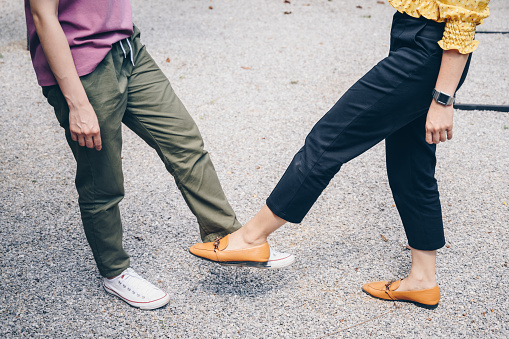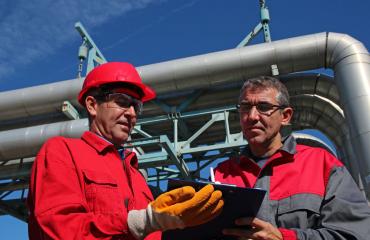
By Andrew Kupperman, RISQ Consulting Employer Services and Workforce Technology Consultant, SHRM-CP
I’ve written a few blog posts about change in the past, as I believe the ability to adapt to new challenges is one of the most important skills you can possess in life. But what happens when an event occurs that forces you to change many things at once, and there is an uncertainty about how, when, and what it will look like when things “settle down”?
The COVID-19 pandemic hit the world at large about 4 months ago, which forced all of us into vast amounts of change in a very short period. We have gone through: changing the way we work and live in a considerably more isolated nature, learning to manage houses full of family members day in and day out, figuring out new and safe ways to go to public places, and even needing to learn about new programs available to help people and businesses keep heads above water through all of this. None of these things have been small changes, and we’ve all had to go through some level of them within a very short period of time.
It’s interesting to think back to when this all started. What I’ve learned is that when we are faced with a lot of change at once, the immediate reaction to cope with the change is to say “we’ll get through this and things will be back to normal soon”. Even though public society seems to be “opening” up a bit more, I think it’s safe to say we are not living the same way we once did prior to COVID-19, and it’s hard for me to say things will ever be back to “normal” or how it was before. We are still facing new, significant changes, forcing us into some level of adaptation we haven’t previously faced.
So if things most likely won’t be how they were before, then what? I’ve heard we’re all waiting for a new normal to come in to our lives. Is it here yet? The definition of normal is “conforming to a standard; usual, typical, or expected.” There is a still a great amount of this causing anxiety and uncertainty we are dealing with consistently, so probably not.
However, I might suggest the only standard or expected thing we have in our lives is change. Maybe it doesn’t seem that way when we consider our prior life, but perhaps that’s just because we weren’t dealing with such big changes, and so many of them within a short timeframe.
Author and motivational speaker, Denis Waitley once said, “You must welcome change as the rule, but not as your ruler”. COVID-19 has given us an opportunity to reassess and fine tune how we all deal with change. Over the last 4 months, we’ve all had a ton of practice with some pretty big changes to our day to day lives. It’s easy, when faced with a new change, to resist and rebel against it. But perhaps think on how you’ve dealt with recent change in the past, and remember how you conquered it. This can only help in sharpening your adaption skillset.
Circling back to the definition of normal, the last thing I’d like to offer is perhaps we are in the “new normal” now. If we consider change to the be the standard, usual, typical, and expected thing to happen, then that’s half of the battle to getting back to normal. The other half is simply conforming to that idea, and not resisting every change that comes your way. If you think of things in that light, then congratulations! You’ve reached the new normal!




